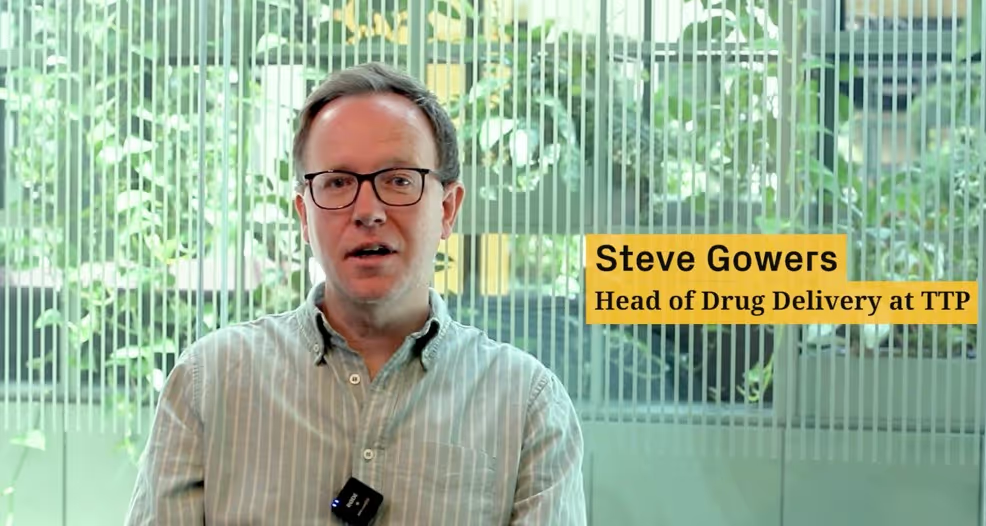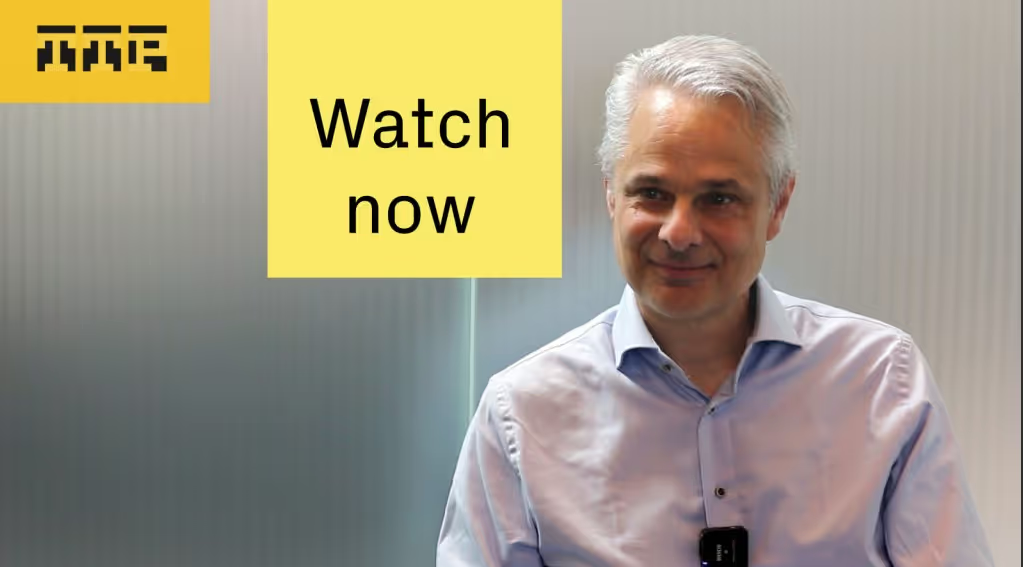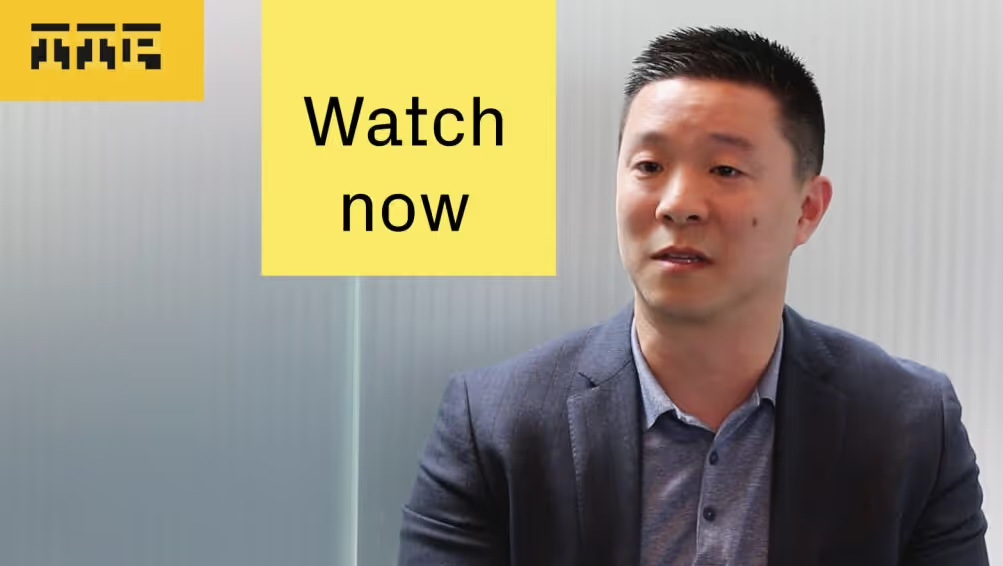However, moderation is a specialised skill. Without the right training or experience, even well-informed moderators may inadvertently miss subtle cues or influence participant responses. The result can be incomplete or misleading "insights" that can be more costly in the long run than bringing in a professional moderator.
Moderating user research takes training and practice. Without that, even well-intentioned domain experts may not be set up to succeed.
A better model is to have the domain expert attend the session, ready to contribute background knowledge or suggest follow-up lines of enquiry, while leaving the core interviewing to a qualified researcher.
Common moderation pitfalls and better practice
Respondents are not there to tell you the answer.
A common mistake is to assume that participants will simply tell you what you need to know. But they’re not there to deliver answers - they help you uncover them through observation of behaviour, reactions, and decisions in context.
People want to be liked
Most participants are inclined to be agreeable. They want to please you and will often default to saying what they think you want to hear. A skilled moderator knows how to gently counteract this and draw out more honest, nuanced feedback.
Examples of better moderation
Below are real-world examples of how professional moderation techniques can lead to more meaningful insights.
1. Use neutral tone, expressions, and body language, don’t lead
Saying: "What did you think of the display issue?"
Could lead the participant to think: Oh, there was an issue with the display! I’d better bring up something...
Instead, try asking: "How are you finding it?"
2. Prefer open questions unless you're confirming and ready to move on
Saying:: "Didn't you find the interface easy to use?"
Could lead the participant to think: I’ll come across as critical if I say it was difficult, so better mention something positive.
Instead, try asking: "Tell me about the workflow."
3. Stay unbiased and avoid implying there's a ‘right’ answer
Saying: "How will this device fit into your clinical workflow?"
Could lead the participant to: Say something about how it can fit into the workflow.
Instead, try asking: "What considerations would you have about incorporating a device like this one into your clinical workflow?"
4. Create an atmosphere conducive to open communication
Saying: "Ah, actually I’m only interested in the software interaction aspects today..."
Could lead the participant to think: I am clearly not being very helpful. I guess I have to say something positive about the UI.
Instead, try saying: "That’s really helpful — the hardware isn’t my focus, but I’ll pass that on to the design team."
5. Explore interesting answers without getting side-tracked
Saying "Oh really? Tell me about it..." then five minutes later, “Right, we’d better pick up the pace on the next few items."
Could lead the participant to think: I won’t think too much about the next few questions.
Instead, try asking: "I didn’t realise people used it that way... Can we pause here for a minute to dig in a bit more? How often does that happen?"
6. Keep in mind that somebody is going to have to analyse this later!
Saying: "We've already covered the need to remove nail polish before a general anaesthetic… let's go onto how you apply the drapes…"
Could lead the participant to think: I guess the other prep stuff like not eating 12 hours beforehand isn't of interest…
Instead, try asking: "The next topic is preparation. I know we touched on this earlier, but could you walk me through how you prepare patients for surgery?"
7. Recognise when an indirect approach is best, ask about their experience, not just your product.
Saying: " Our system takes five minutes to warm up, will that fit within your pre-surgical workflow?"
Could lead the participant to think: Well, they haven't given me much to go on, it must be very simple, I'll assume we can turn it on straight away.
Instead, try asking: "In an emergency C-section, what needs to happen before you operate – and how long does that usually take?"
8. Prioritise real past behaviour over imagined future use
Saying: "What do you think of the patient chart feature? When would you use it?"
Could lead the participant to think - but not say: What is this supposed to do again? I guess it's like the EMR and I use that every day...
Instead, try asking: "How are you currently tracking patients’ symptoms?"
9. Focus on the participant, not on what others might do.
Saying: "Would your nursing team like this? Would it be easy for them to learn?"
Could lead the participant to think: Well, I hardly see them since I became CMO, but I don't hear too many complaints about equipment, I guess it will be fine...
Instead, try asking: "How do you introduce new systems to your nursing team? Are you typically involved in their training?"
10. Talk less, listen more
Saying: [Participant says: "… it works... really well, most of the time..."] Moderator just responds, "GREAT! And what do you think of the buttons?"
Could lead the participant to think: I guess he only wants the headline. So I won’t mention edge cases.
Instead, try: [Silence]
This will lead the participant to think: Hmm, he wants me to go on… well, here’s the real issue…
Final thoughts
Moderation is more than just asking questions, it’s a skill that blends psychology, empathy, and discipline. The goal is not to validate assumptions, but to uncover insight. That means listening with curiosity, guiding without leading, and resisting the urge to jump to conclusions.
The right moderation technique can turn a decent session into an invaluable one.
About TTP's MedTech Team
For nearly 40 years, our MedTech experts - spanning engineering, science, and human factors- have guided clients through the complexity of medical device design and development. From early-stage ideas to products ready for market, we apply rigorous thinking and cross-disciplinary insight to deliver progress with speed and precision.
At every stage, we help turn ambition into reality, delivering safe, effective, and commercially successful medical technologies.
Read more about our medical device development consulting team.









